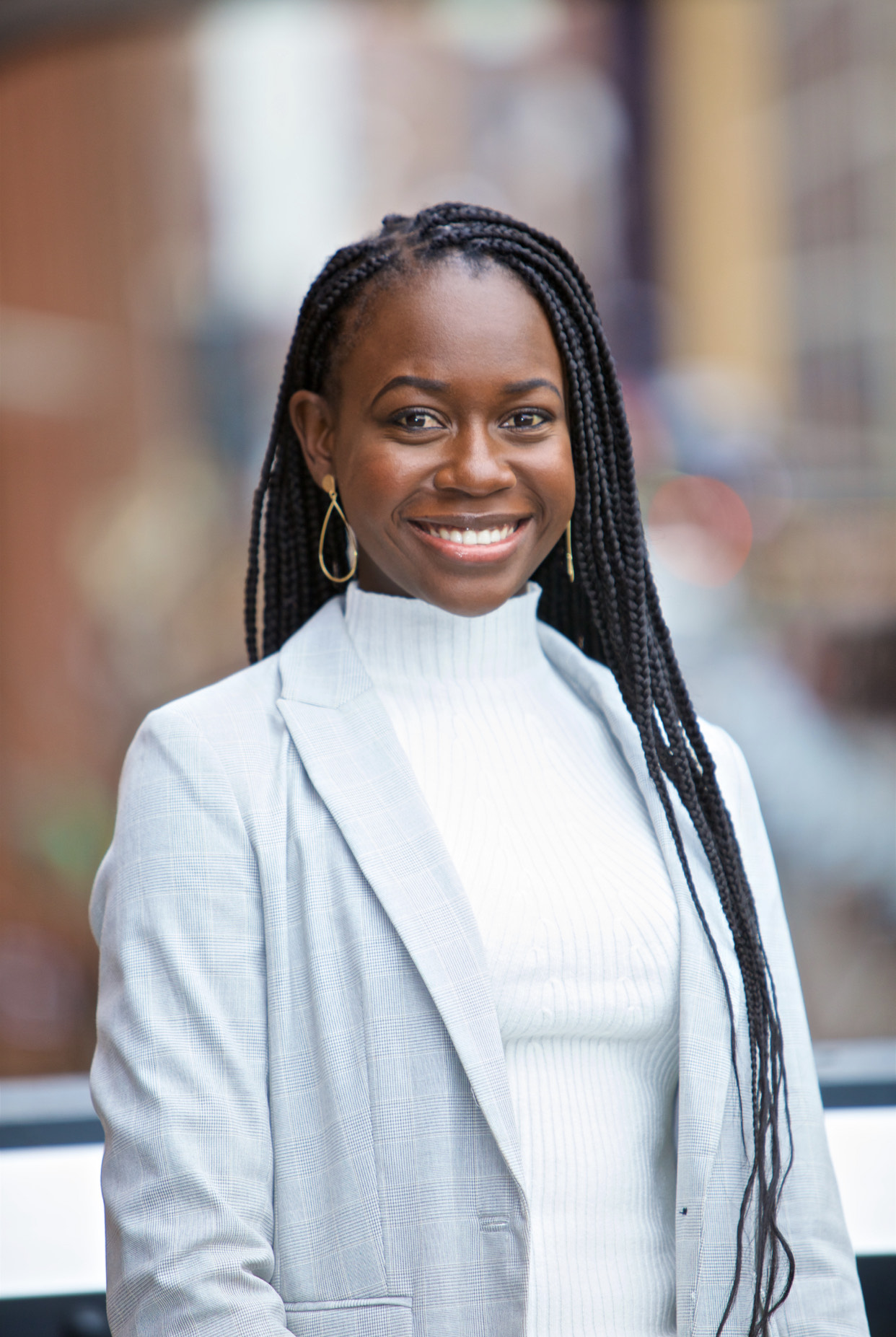Opinion: What a Brooklyn assistant principal chose to tell the president

Last month, I met with President Joe Biden in the Oval Office at the White House. This meeting signified the most recent part of an improbable journey for me, but after my conversation with the president alongside five other DACA recipients, I’m more determined than ever that more stories like mine will be possible for millions of other young people.
I came to the United States from Senegal, West Africa, when I was just seven years old. Though I struggled academically in my earlier years living in the U.S. because I was a non-Spanish-speaking English Language Learner, being an undocumented child growing up in New York City generally shielded me from experiencing the full weight of the hardships that come along with being undocumented.
New York City extends relatively more welcoming policies and resources to its undocumented community members — especially those in its K-12 public school system. But as I grew older, I was forced to confront the harsh realities that came along with being seen as an undocumented adult.

Brooklyn Boro
View MoreNew York City’s most populous borough, Brooklyn, is home to nearly 2.6 million residents. If Brooklyn were an independent city it would be the fourth largest city in the United States. While Brooklyn has become the epitome of ‘cool and hip’ in recent years, for those that were born here, raised families here and improved communities over the years, Brooklyn has never been ‘uncool’.